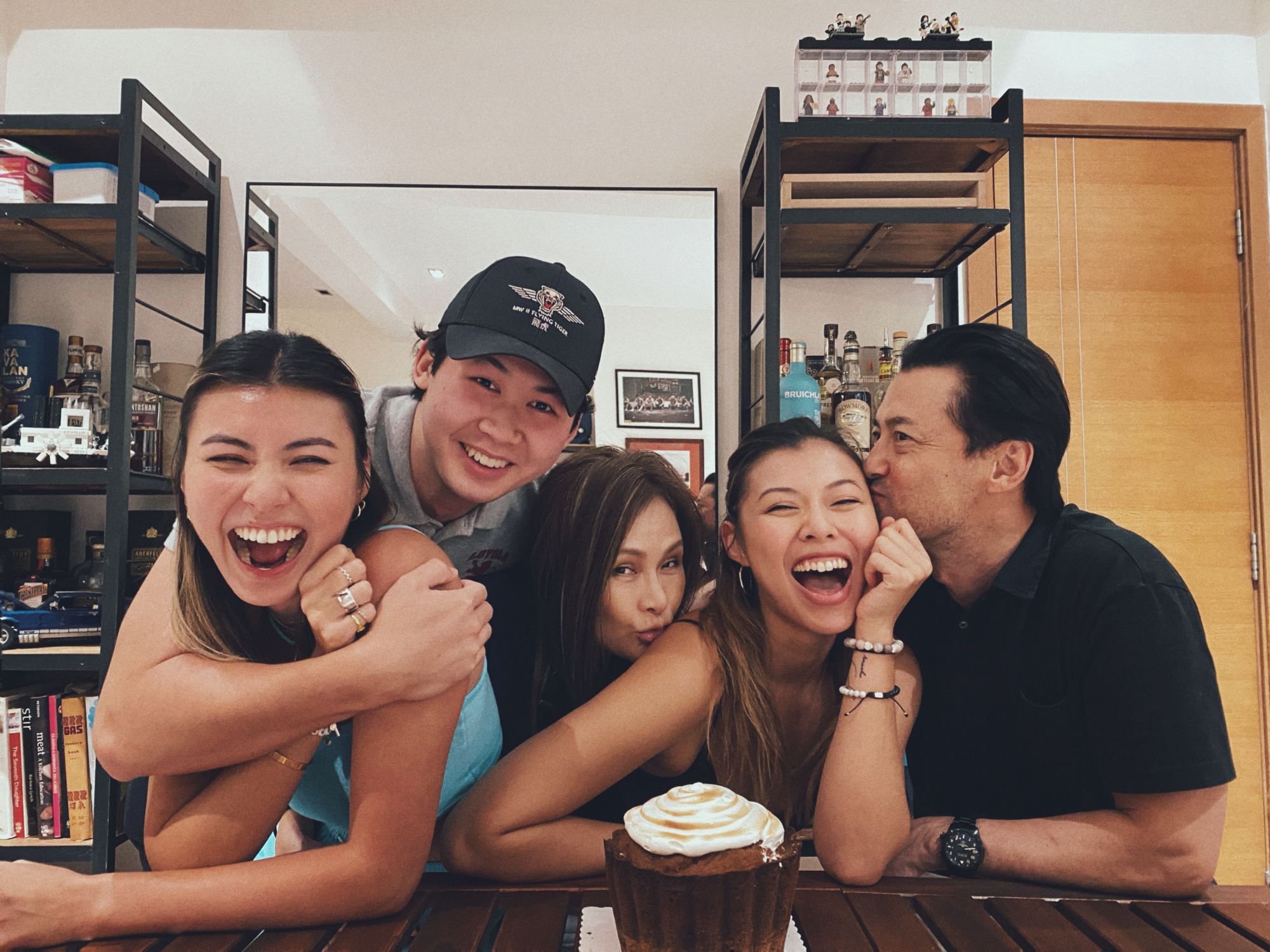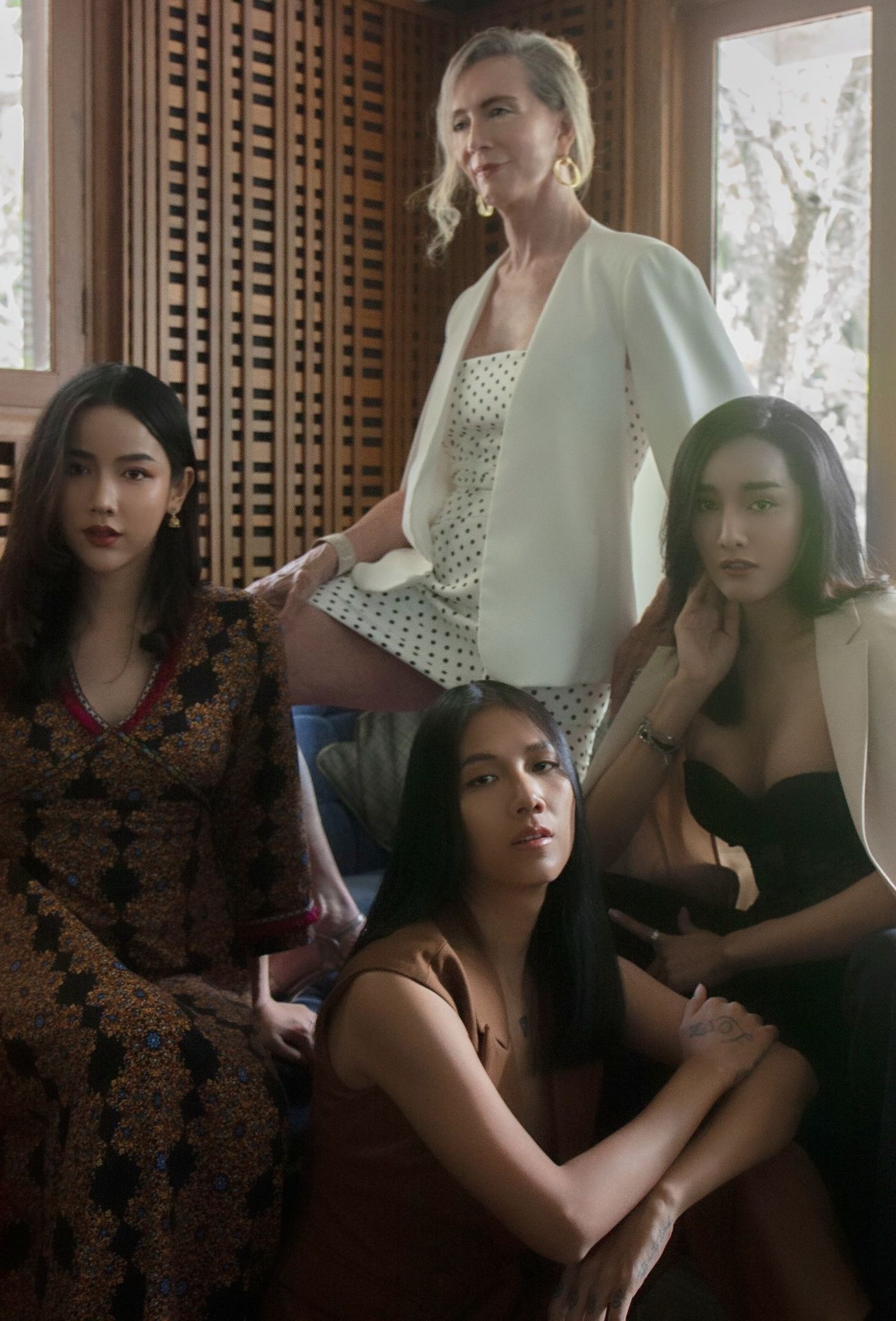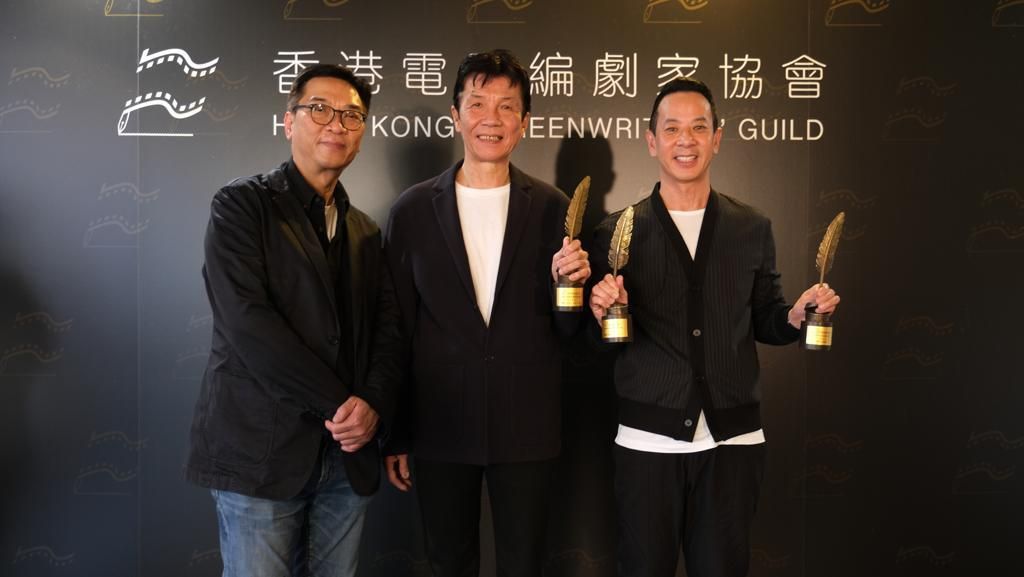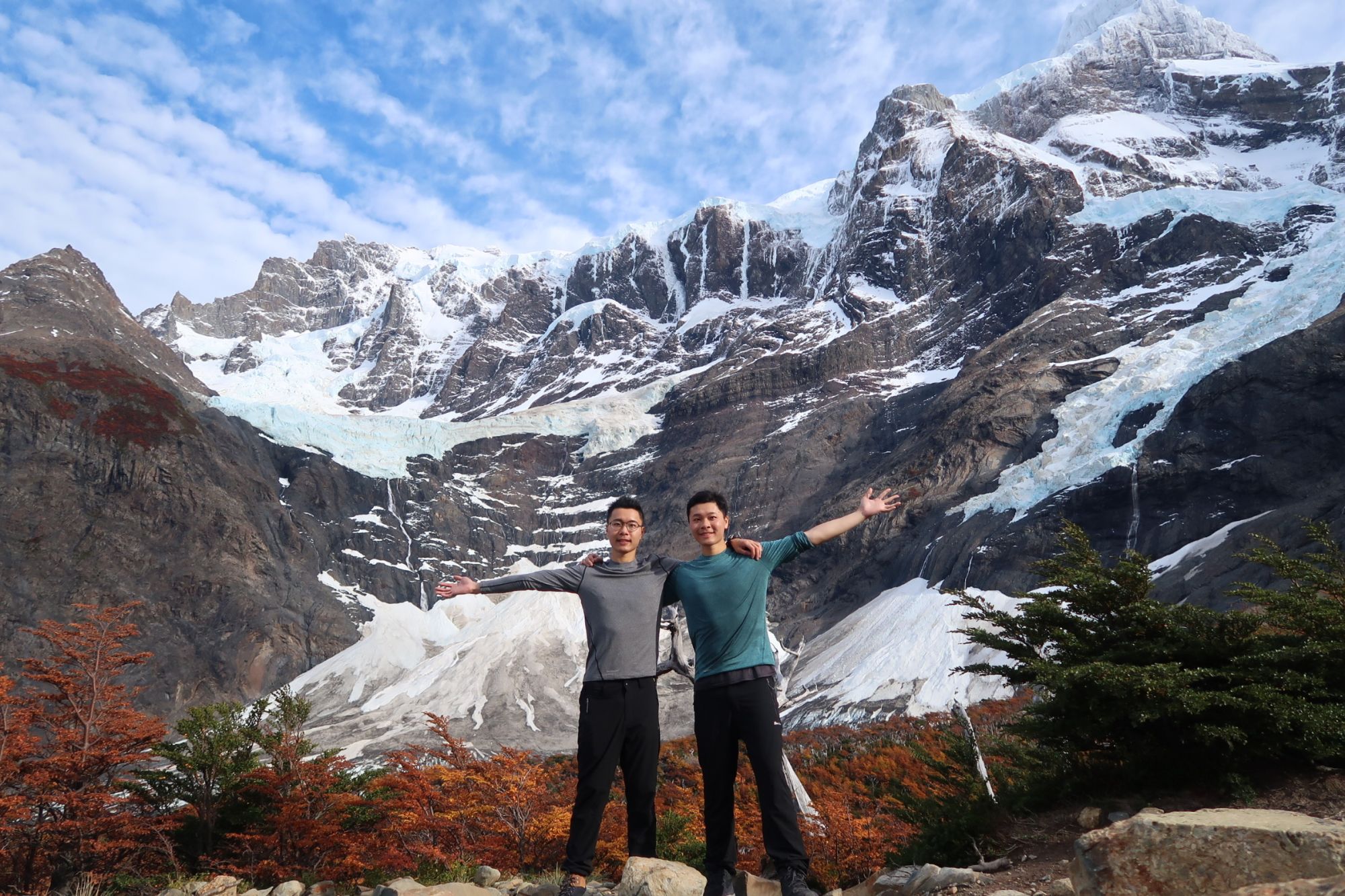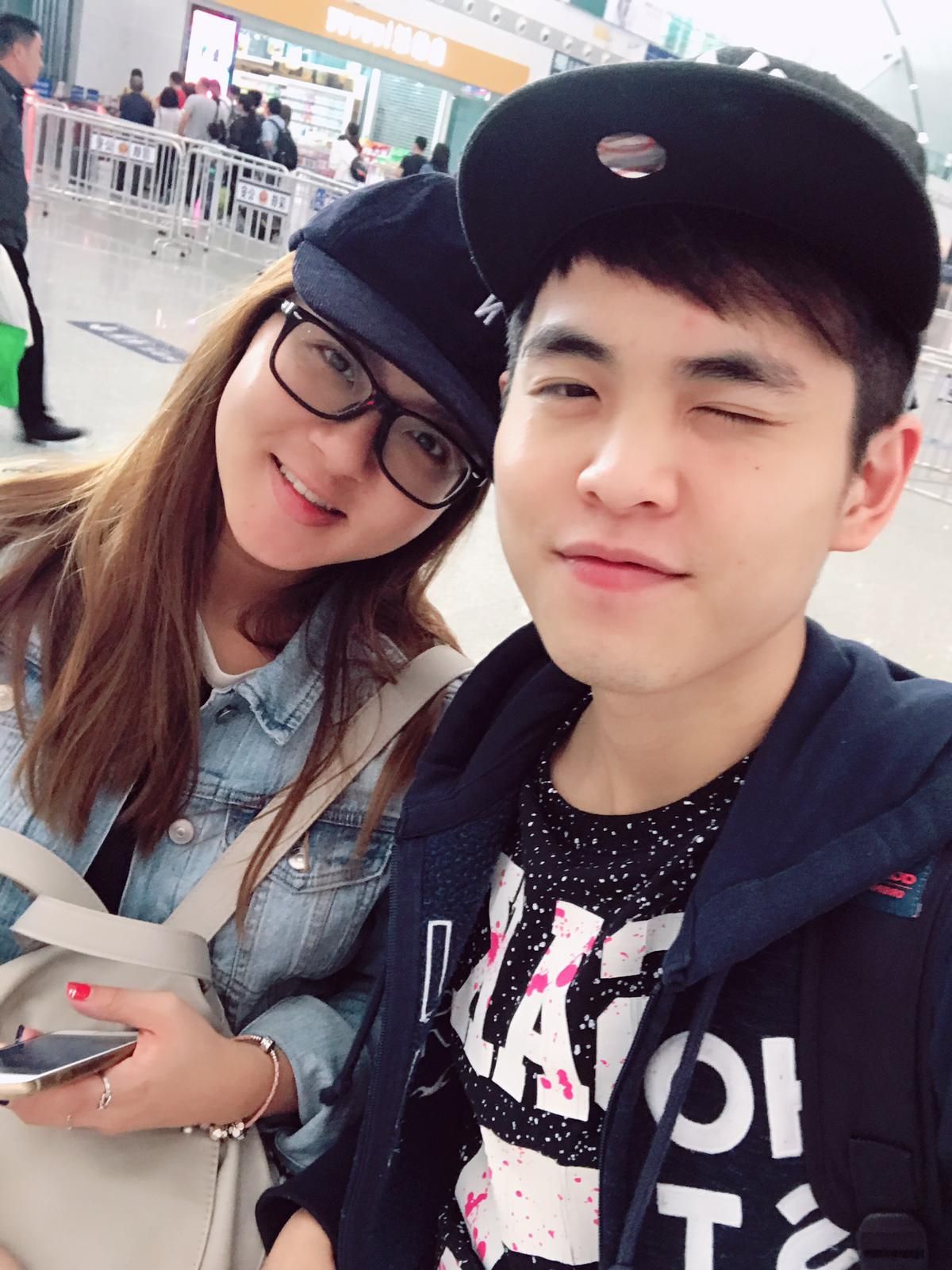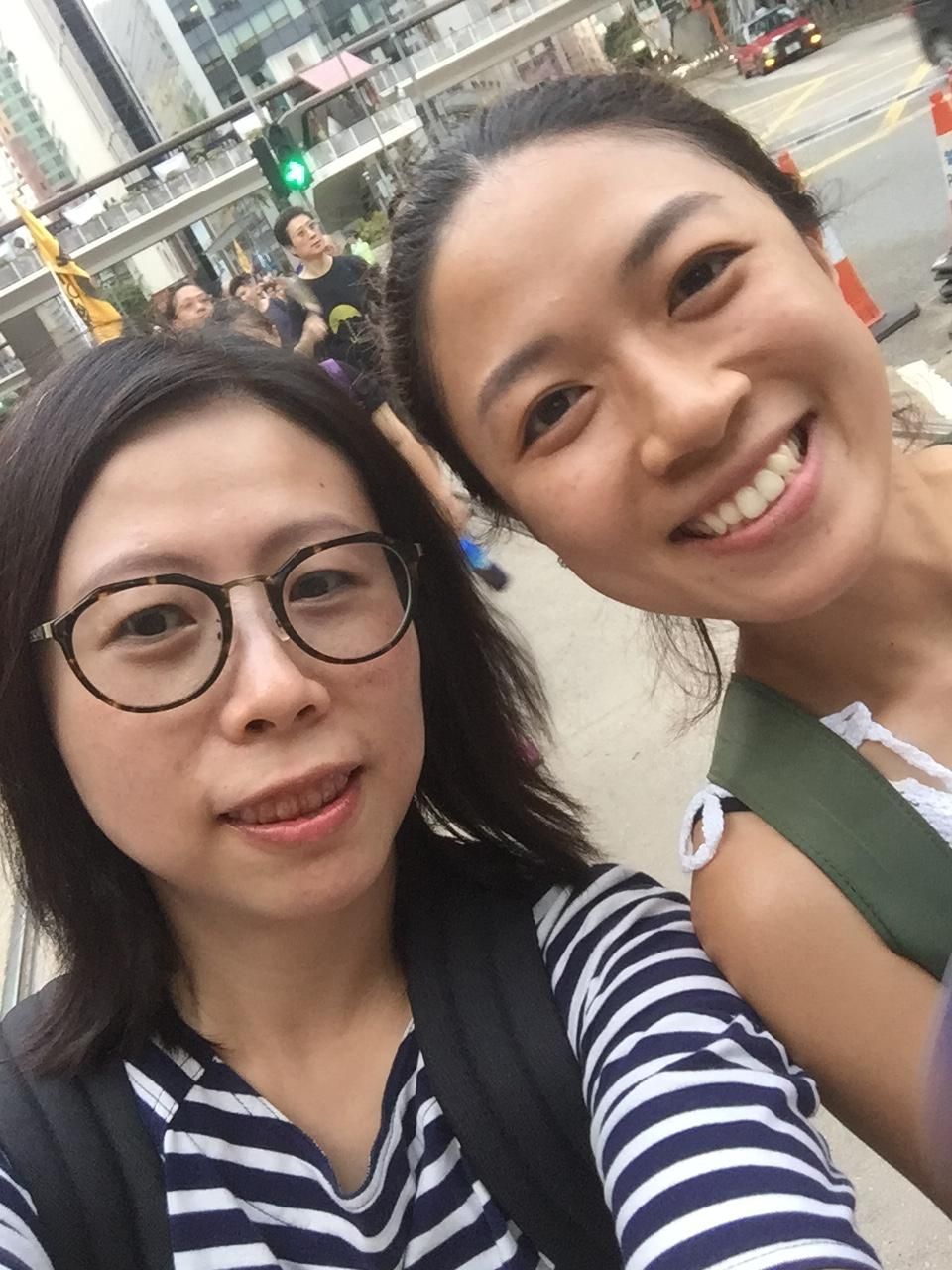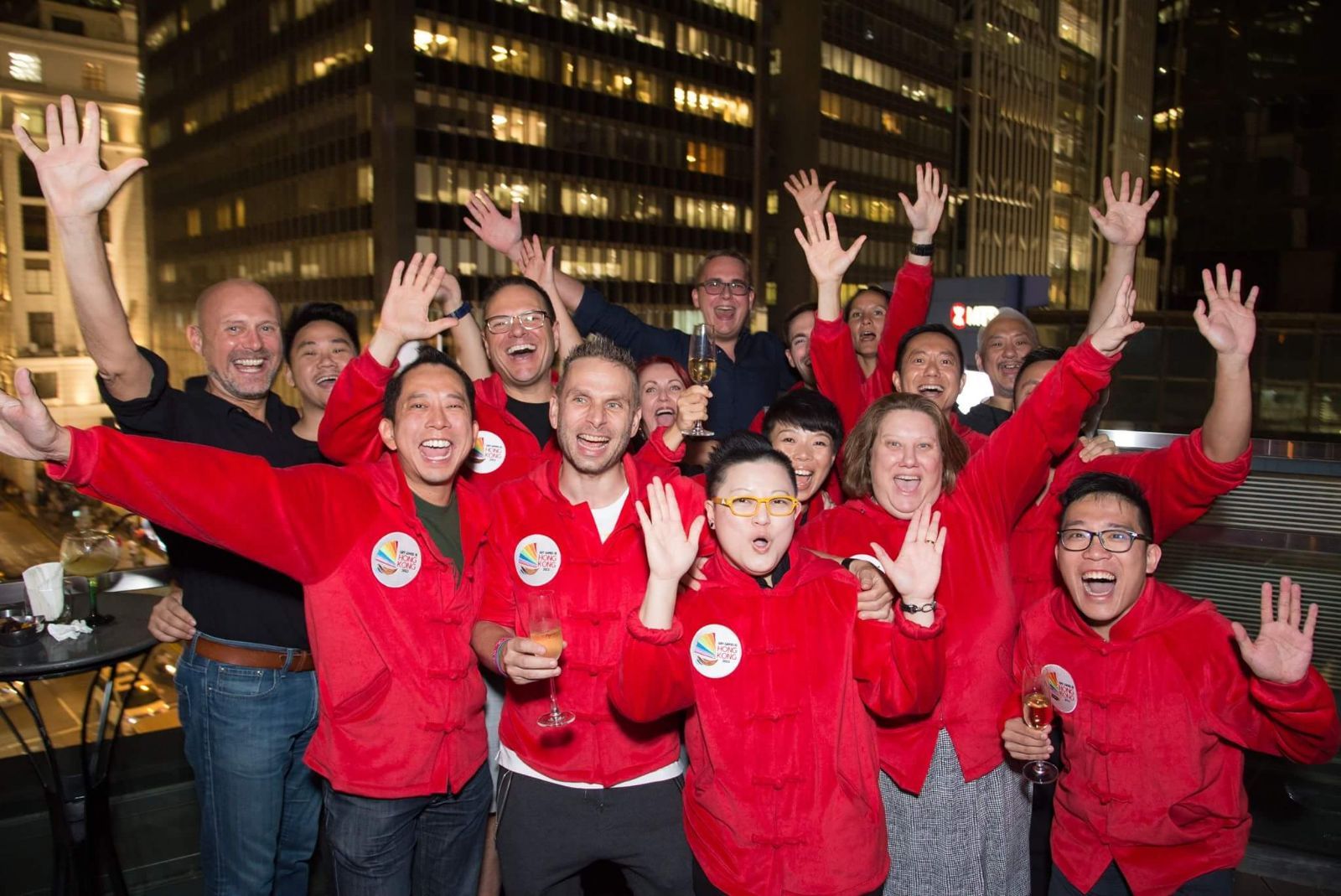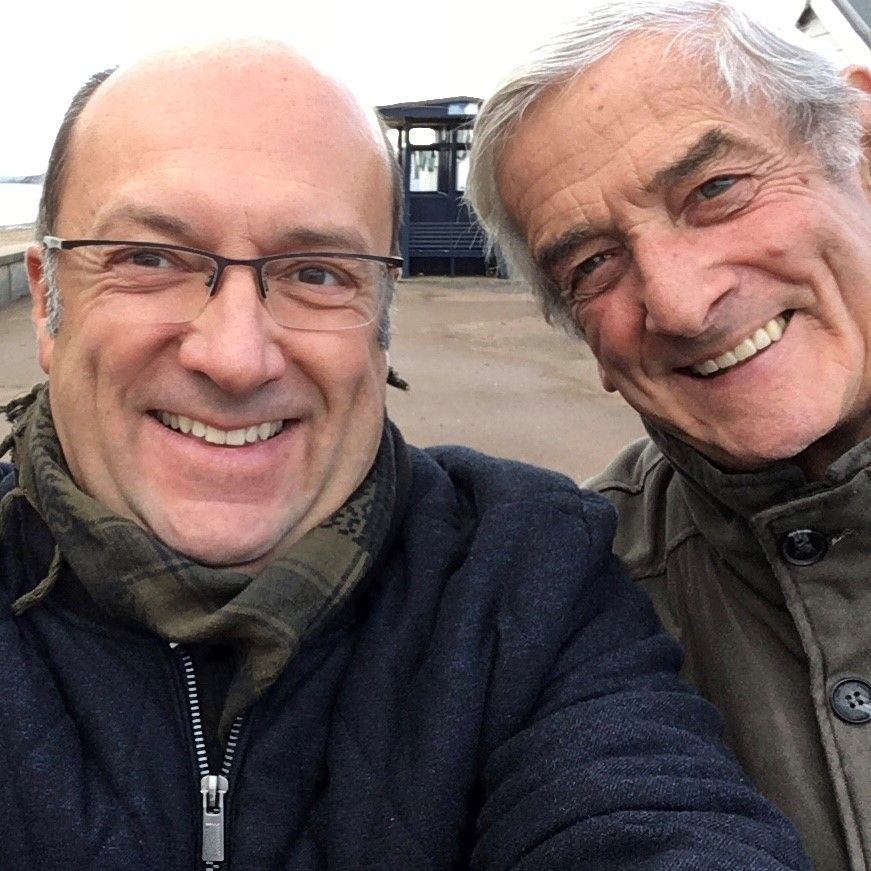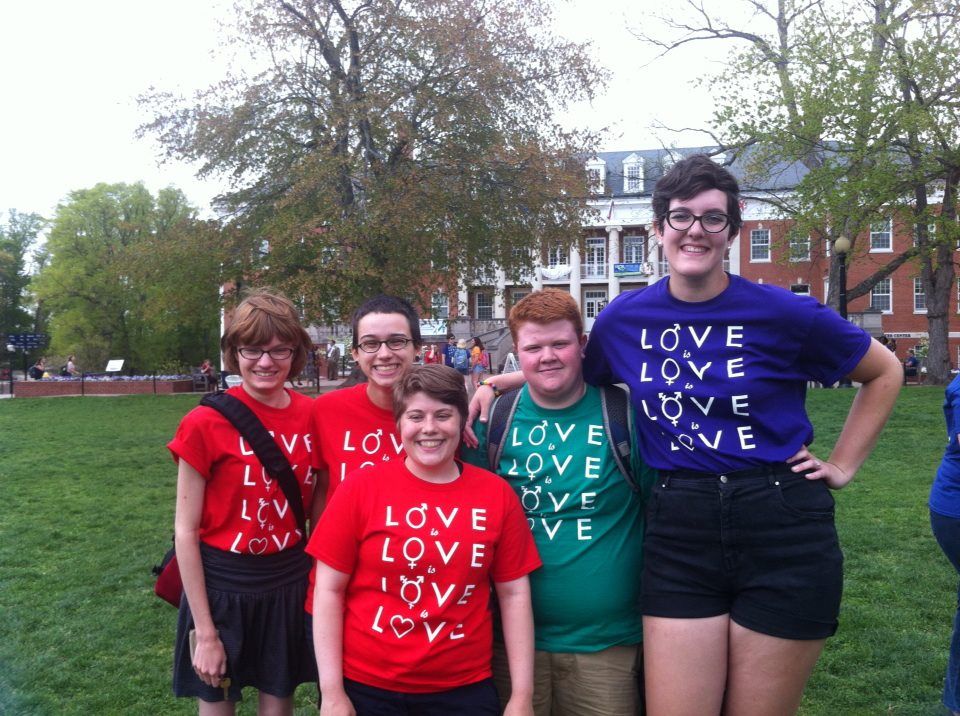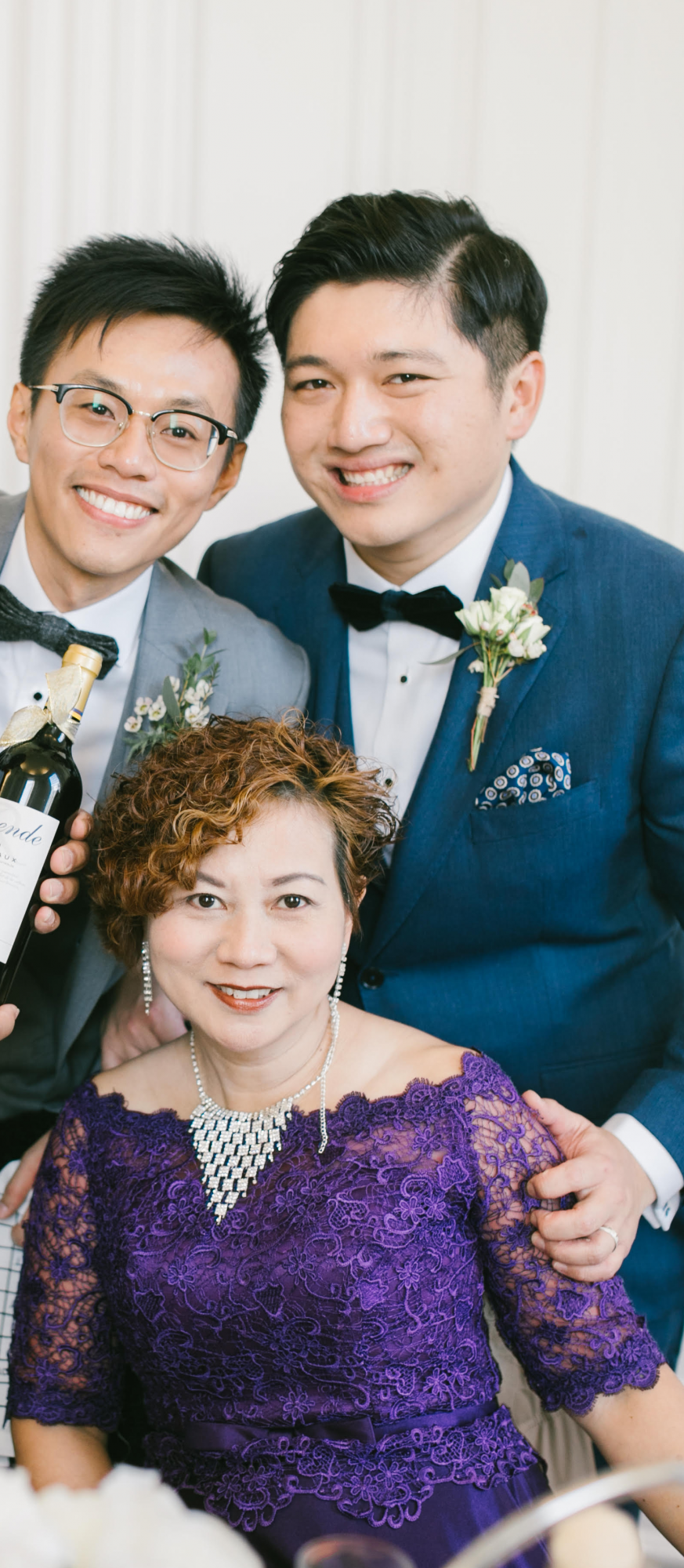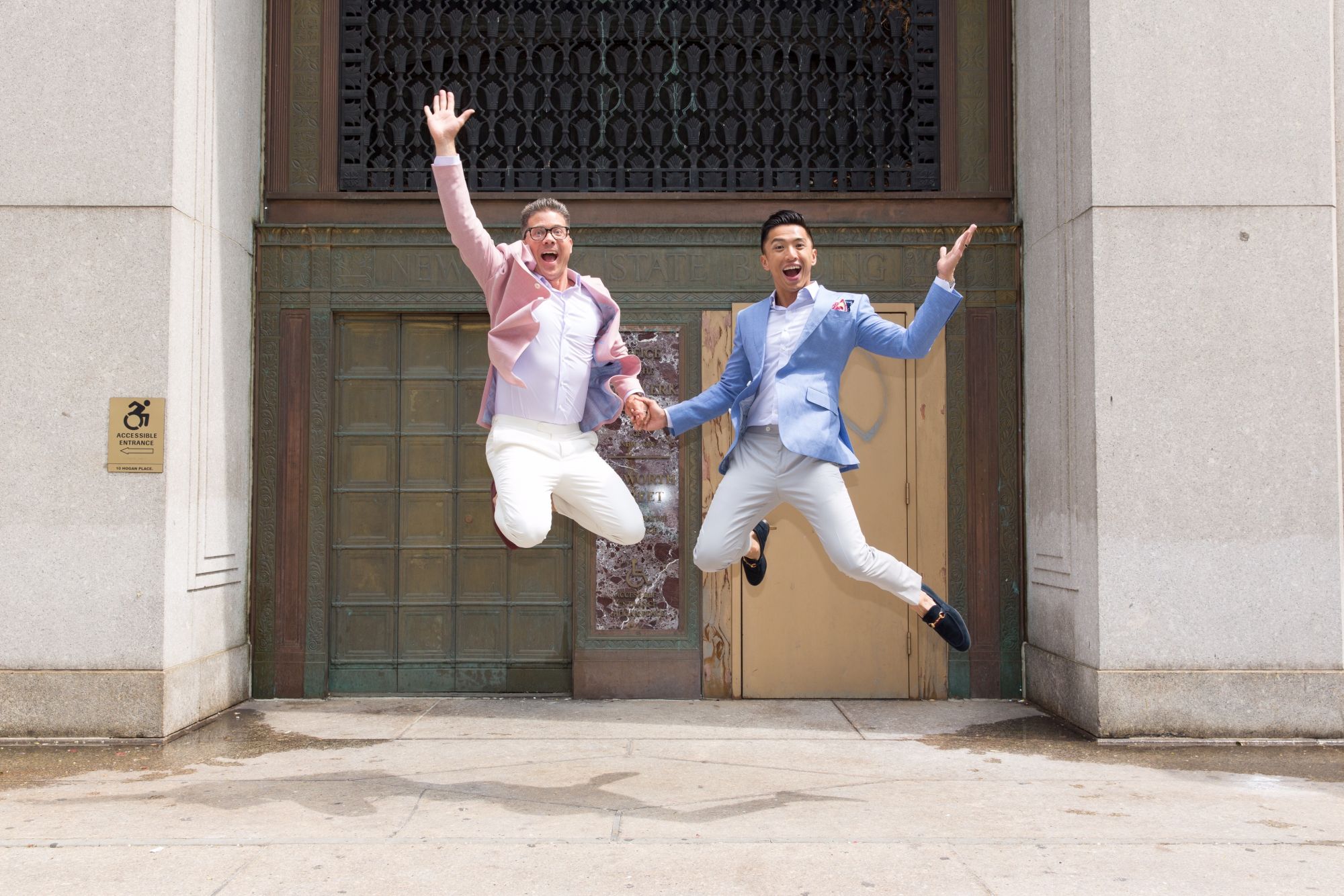Kayla Wong, Julien-Loïc Garin, Ray Yeung and others give their thoughts on being part of the LGBTQ community in Hong Kong and explain the importance of their allies
An “ally” is someone who genuinely supports, accepts and advocates for members of the LGBTQ community. Allies are important, and anyone can be one—regardless of their sexual orientation. When Tatler’s Eric Wilson sat down with Gigi Chao and her father Cecil for September’s cover story, the importance of increasing the visibility of LGBTQ members in our society was an important topic of discussion. “Equality is for everybody, it is not just lip service,” Chao says.
See also: Property Tycoon Cecil Chao And His Daughter Gigi On Building A Lasting Legacy
Chao, a leading activist within Hong Kong’s LGBTQ community, last year co-founded the NGO Hong Kong Marriage Equality to campaign against discrimination based on people’s sexuality. Her work is a labour of love, shining a light on the triumph of the human spirit and actively pushing boundaries to ensure everyone in Hong Kong has access to equal opportunities.
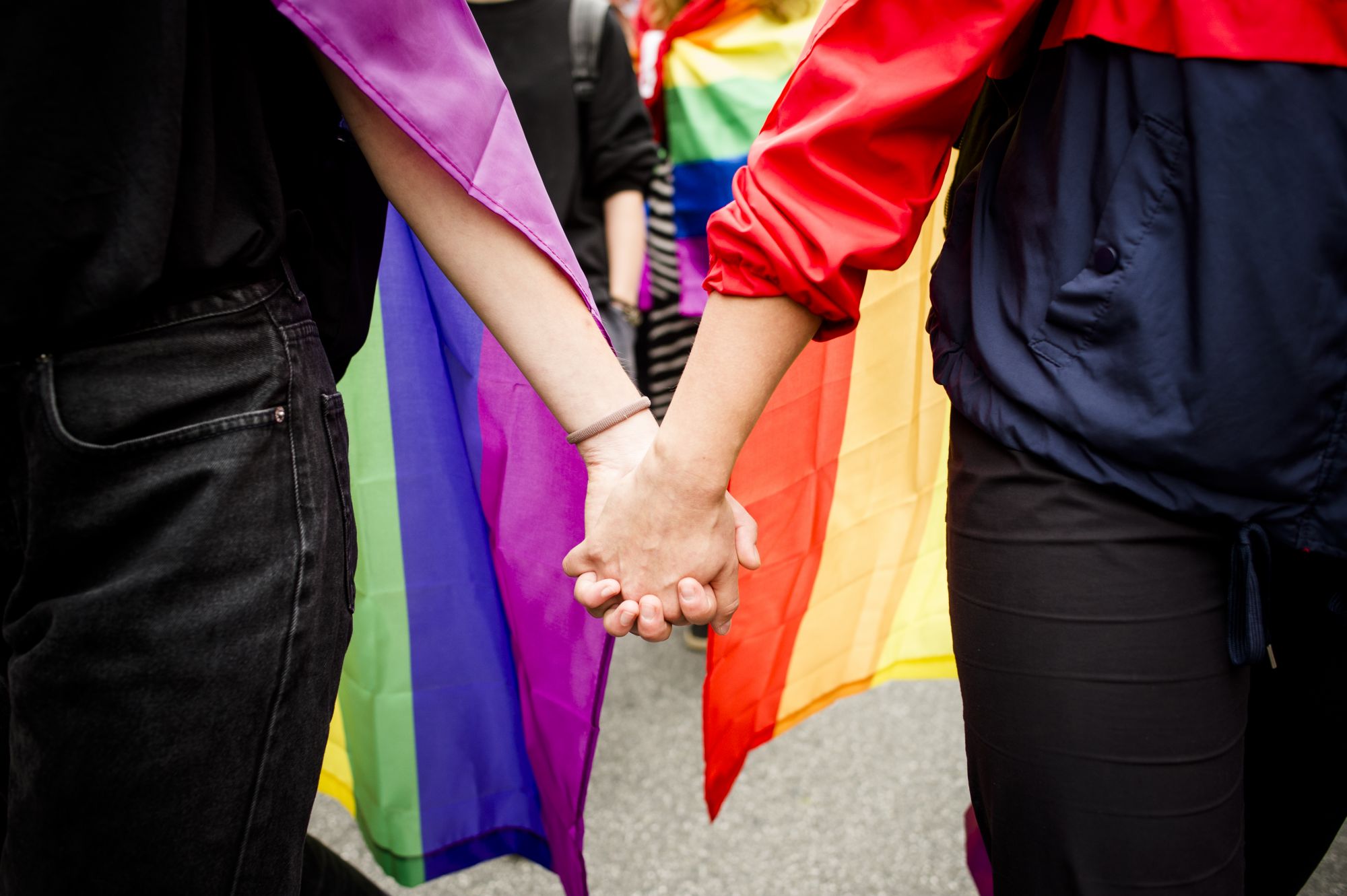
While Hong Kong is one of the most tolerant and accepting societies in Asia, this hasn’t always been the case: homosexuality was only decriminalised in 1991. There have been incremental advances made over the last 29 years. Who could forget Cantopop singer Leslie Cheung publicly coming out as bisexual in 1992? Then, there was filmmaker Wong Kar-wai releasing Happy Together, a landmark film featuring a gay couple played by Tony Leung and Leslie Cheung that scored Wong the best director gong at the 1997 Cannes film festival.
Since then, we’ve seen the launch of the Rainbow of Hong Kong in 1998, a charity geared towards making life easier for sexual minorities in Hong Kong. Other milestones include the city’s first official—1,000-person strong—Pride parade in 2008; a high court giving transsexual women the right to marry in 2013; 2018’s winning bid to become the first city in Asia to host the 2022 Gay Games; and most recently, a ruling allowing legally married same-sex couples the right to apply for public housing.
A 2019 study published by the Sexualities Research Programme at the Chinese University of Hong Kong, which surveyed 1,058 people, found that 60 per cent were in support of LGBTQ rights in Hong Kong, a significant jump from 2018. Although the city still has some distance to go before members of the LGBTQ community are treated as true equals, things seem to be moving in the right direction.
Here, prominent members of the Tatler network share their thoughts on being part of the LGBTQ community in Hong Kong and explain the importance of their allies.
See also: Standing Proud: How Patrick Sun Is Building A Brighter Future For The LGBTQ Community

